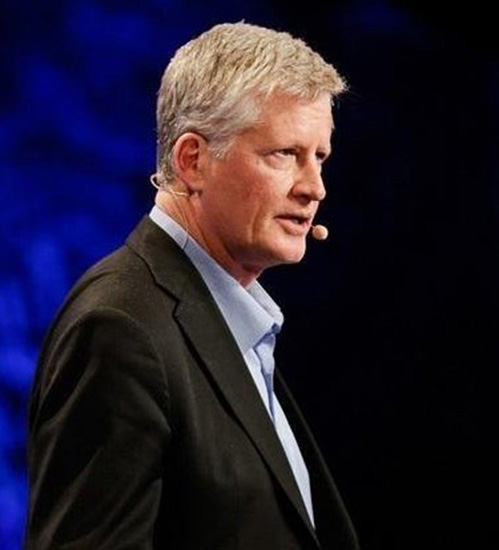
Are We Living In A Simulation? Can We Break Out Of It?
In the 4th century BC, the Greek philosopher Plato theorised that humans do not perceive the world as it really is. All we can see is shadows on a wall. In 2003, the Swedish philosopher Nick Bostrom published a paper which formalised an argument to prove Plato was right.
 www.forbes.com
www.forbes.com
The hard problem of consciousness becomes easier if you consider us as players in a simulation.

The Simulation Hypothesis: an economical twist (part 1 of 2)
Are we living in the Matrix? Are we living in the Matrix? This question seems futuristic, a theme from a science fiction movie. (Which of course it is.) But the best science fiction is philosophy in fancy dress, and philosophers have been asking the question since at least the ancient Greeks...
Perhaps we are part of a massive modelling exercise (a Monte Carlo simulation, perhaps) to determine the optimal way of achieving a specific goal. One candidate for that goal is the creation of superintelligence. From the perspective of a superintelligent alien species, individual humans might be about as interesting as dogs if we are lucky, or as microbes if not. Whereas a superintelligence might be seriously interesting. Maybe our simulators are in the business of creating new friends. Or maybe they need a lot of clever new colleagues to solve a really big problem, like the heat death of the universe.
Simulation hypothesis - Wikiwand
The simulation hypothesis proposes that what one experiences as the real world is actually a simulated reality, such as a computer simulation in which humans ar...
www.wikiwand.com
There is a long philosophical and scientific history to the underlying thesis that reality is an illusion. This skeptical hypothesis can be traced back to antiquity; for example, to the "Butterfly Dream" of Zhuangzi, or the Indian philosophy of Maya, or in Ancient Greek philosophy Anaxarchus and Monimus likened existing things to a scene-painting and supposed them to resemble the impressions experienced in sleep or madness.
Aztec philosophical texts theorized that the world was a painting or book written by the Teotl...
Some point out that there is currently no proof of technology that would facilitate the existence of sufficiently high-fidelity ancestor simulation. Additionally, there is no proof that it is physically possible or feasible for a posthuman civilization to create such a simulation, and therefore for the present, the first proposition must be taken to be true. Additionally there are limits of computation...
Besides attempting to assess whether the simulation hypothesis is true or false, philosophers have also used it to illustrate other philosophical problems, especially in metaphysics and epistemology...
Hanson additionally speculates that someone who is aware that he might be in a simulation might care less about others and live more for today: "your motivation to save for retirement, or to help the poor in Ethiopia, might be muted by realizing that in your simulation, you will never retire and there is no Ethiopia."

